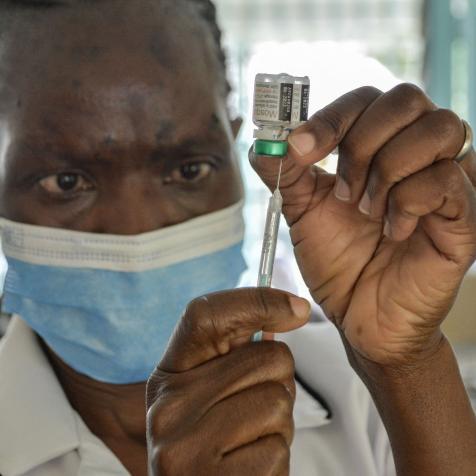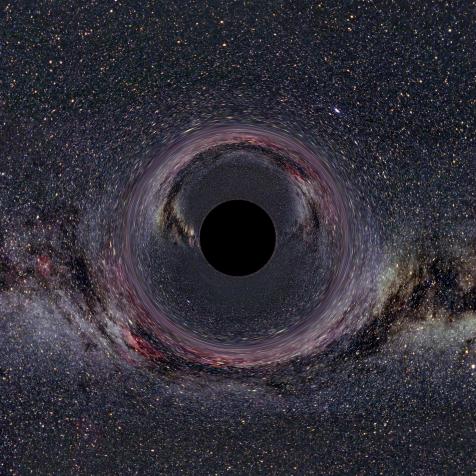
Being Kind to Yourself Has Real Health Benefits
When you make a mistake or face a daunting challenge, it's easy to be self-critical. We've all heard that voice in our heads that tells us we're stupid, worthless, or incompetent when times are tough. It certainly doesn't feel good, but according to new research from the Universities of Exeter and Oxford, it also has implications for your health. Previous studies have shown that the threat response that can result from self-criticism may damage the immune system, and now researchers believe being kind to yourself may switch off this response and lower the risk of disease.
Self-Criticism vs. Self-Compassion
Researchers see self-compassion and self-criticism as opposing responses to difficult experiences. For example, let's use the imaginary cases of Jack and Jill. Jack is self-critical. He's both harsh and judgmental about his own ability to cope in stressful times. Jack often feels isolated, and his tendency toward fight-or-flight mode means he constantly feels threatened in difficult times.
Jill, however, is self-compassionate. She's nonjudgmental about her responses to difficult situations, and she understands that even tough experiences are part of being human. In times of adversity, Jill can call on self-reassurance and soothing strategies to make herself feel better.
Jill's way of coping certainly sounds better than Jack's, but researchers say that Jill's patterns of thinking also make her more likely to be physically and emotionally healthy than Jack. Jill's heart might function better and her body might be more relaxed. To find out more, we have to go to the research.

GettyImages
Think Happy Thoughts
To measure self-compassion and self-criticism, scientists tracked down 135 relatively healthy, English-speaking, right-handed university students in the United Kingdom. Researchers used the 26-item Self-Compassion Scale and the Forms of Self-Criticizing/Attacking & Self-Reassuring Scale to measure what it meant to be self-critical and self-compassionate.
Then they divided the students into five groups. Each group listened to an 11-minute recording that would condition them to think in a self-compassionate or self-critical way.
One group of students in the "self-compassion condition" listened to instructions that guided them to direct kindness and compassion to their bodily sensations. Another group was guided to send friendly wishes to both a person they felt warmth toward and to themselves. A third group, called the "positive excited condition," was told to think about a positive event through which they could achieve something wonderful. The "self-critical rumination" group was told to focus on something they hadn't done as well as they'd hoped. The control group listened to a supermarket shopping scenario.
Be Kind and Your Body Will Be Kind Back
Perhaps not surprisingly, students in the two self-compassion groups reported significantly higher feelings of self-compassion after listening to the recordings, whereas the students in the rumination condition reported significantly lower feelings of self-compassion. Basically, the recordings made the students feel what they were supposed to feel. But the recordings also had a physiological effect: They altered the students' heart rates. Immediately after listening, the heart rates of students who listened to the self-compassion recordings had slowed by two to three beats per minute, on average, compared to those who listened to the self-critical recordings.
Researchers seem to think that the most important finding from this study is this: Self-compassion exercises appear to activate the body's parasympathetic nervous system, the "rest-and-digest" antidote to the body's fight-or-flight response that helps to slow your breathing and heart rate. Past studies have associated increases in parasympathetic activity like this with reduced cortisol levels, improved immune system functioning, effective emotion regulation, and physical and psychological health, including cardiovascular health. Being kind to yourself can literally be good for your heart.
Since the study was conducted in mostly healthy people, the researchers note that people with depression or other types of mental illness might not experience the same effects from the exercises. They do hope to work on this research next, however.
The jury is still out on how long the effects of self-compassion activities last. But while we wait for more research, there's no harm in practicing self-kindness, and directing warmth and compassionate energy toward your loved ones and yourself. Your heart might even thank you for it.
This article first appeared on Curiosity.com. Click here to read the original article.


















